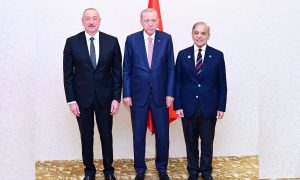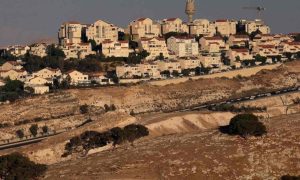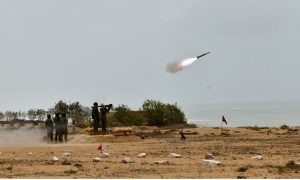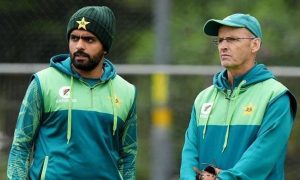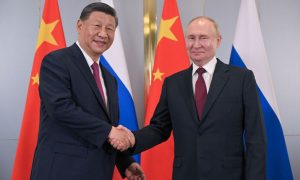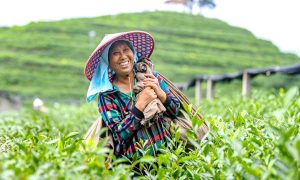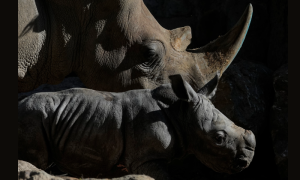PRETORIA: South Africa’s Cyril Ramaphosa hailed “the beginning of a new era” as he was sworn in for a second full term as president on Wednesday. The ceremony took place at the Union Buildings in Pretoria after his African National Congress (ANC) secured a government coalition deal to remain in power.
Lawmakers overwhelmingly re-elected the 71-year-old leader last week following the general election on May 29 that resulted in no outright winner for the first time in three decades. The ANC, historically the dominant party, won only 40% of the vote, a significant drop from 57.5% five years earlier.
“The formation of a government of national unity is a moment of profound significance. It is the beginning of a new era,” Ramaphosa declared after taking the oath of office. He emphasized the electorate’s directive for political cooperation, saying, “The voters of South Africa did not give any single party the full mandate to govern our country alone. They have directed us to work together to address their plight and realize their aspirations.”
Ramaphosa is expected to announce his cabinet in the coming days, with coalition talks still ongoing. Several heads of state, including Nigerian President Bola Ahmed Tinubu and Angola’s Joao Lourenco, attended the inauguration. The event drew guests in formal attire, with some singing anti-apartheid struggle songs, and a heavy police presence ensured security.
This marks the third time Ramaphosa has taken the presidential oath. He initially came to power in 2018, succeeding Jacob Zuma amid corruption allegations. He was re-elected for a full term in 2019. In South Africa, the president is chosen by parliament, which the voters elect.
Despite Ramaphosa’s promises of a new dawn, his tenure has seen mixed results. His administration launched anti-corruption initiatives and started energy sector reforms, but the economy has struggled with persistent power cuts, high crime rates, and rising unemployment, now at 32.9%.
For the first time since the end of apartheid in 1994, the ANC failed to secure an outright majority, necessitating coalition partnerships. The new government includes the centre-right Democratic Alliance (DA), the Zulu nationalist Inkatha Freedom Party, the anti-immigration Patriotic Alliance, and the small centre-left GOOD party.
This coalition enabled Ramaphosa to fend off a last-minute challenge from Julius Malema, leader of the Economic Freedom Fighters. In the 400-seat National Assembly, 283 lawmakers voted to re-elect Ramaphosa.
However, the coalition has faced opposition from the left. The Economic Freedom Fighters and former president Zuma’s uMkhonto weSizwe (MK) party boycotted the inauguration, criticizing the coalition’s composition.
Ramaphosa addressed the nation with a message of unity, urging political leaders to prioritize the needs of the populace. “We must reject every attempt to divide or distract us, to sow doubt or cynicism, or to turn us against one another,” he stated. “As leaders, as political parties, we are called upon to work in partnership towards a growing economy, better jobs, safer communities, and a government that works for its people.”













